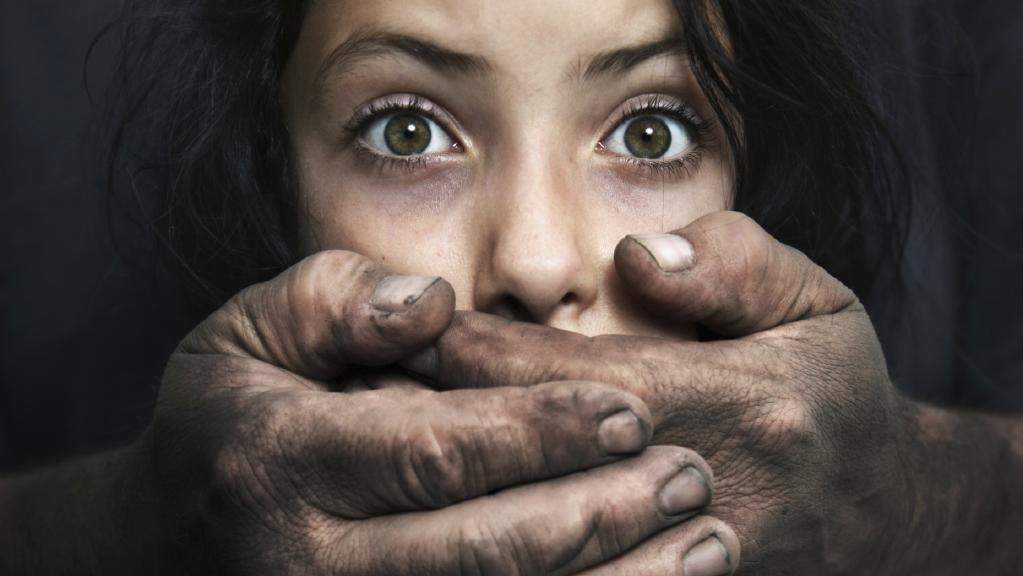Anti-child abuse documentary before movies
Anti child abuse documentary to play before movies in theaters.

After national anthem, anti-child abuse documentaries will be made mandatory in all movie theatres across the country. To get maximum views, the short films will be played before the movie as well as during intervals. The documentary, made by the National Commission for Protection of Child Rights (NCPCR), aims to stop sexual abuse of children and encourage people to report such incidents.
The video is made both in Hindi and English. “Cinema halls across the country are not charging even a penny to telecast the short film,” said an NCPCR official. The initiative came after analysing the impact of anti-smoking clips played in theatres.
The documentary on child abuse will be initially screened in 11 cinema halls of Delhi, but gradually extended on a pan-India basis. It is worth mentioning that since 2016; more than 1,500 minors have been assaulted in the national Capital.
HOW THEATERS NOW PLAY A BIG ROLE
According to NCRB, as many as 94,172 cases have been reported in 2016 across the country. Speaking to Mail Today, an NCPCR official said, “The short film will showcase Union minister for women and child development Maneka Gandhi. She would be seen urging the public to stop child abuse and report such incidents.” “Cinema is a catalyst to ‘together time’ for couples, families, friends and peer groups, and hence the experience of bonding over the shared experience of a film is much more than other entertainment avenues,” said a manager in PVR Cinema.
Apart from conveying the message, the POCSO ebox facility will be promoted to encourage people to register online complaints. The 30-second short film shows an animated video on how to report child abuse cases online. The POCSO ebox is an online complaint management system for easy and direct reporting of sexual offences against children and timely action against offenders under the POCSO Act, 2012. “A victim or someone known to the victim can report the matter by just writing ‘Please help’.
It is mandatory to provide a mobile number so that the complainant can be contacted. It is not necessary to narrate the incident on the digital platform,” the NCPCR official added. While launching the e-box in 2016, Gandhi had said the idea came out of a police initiative in which complaint boxes were placed in schools.
“A large number of abuse incidents are against close relatives and so they get pushed under the carpet,” she had said. Sources in NCPCR said that according to a study, about 53 per cent of children surveyed reported having faced some form of sexual abuse. In most cases, the offender is a family member/near relative or an acquaintance.
“Victims in such cases do not generally report the offences. Sexual abuse scars the psyche of the affected child for the entire life. A child who is sexually abused has to face serious consequences such as cognitive impairment, violent and risky behaviour, including depression and anxiety. Feeling shameful and guilty with poor interpersonal relationship and self-esteem are other consequences of sexually abused children,” the study claims.
Copied as is from indiatoday.in
To join us on Facebook Click Here and Subscribe to UdaipurTimes Broadcast channels on GoogleNews | Telegram | Signal


